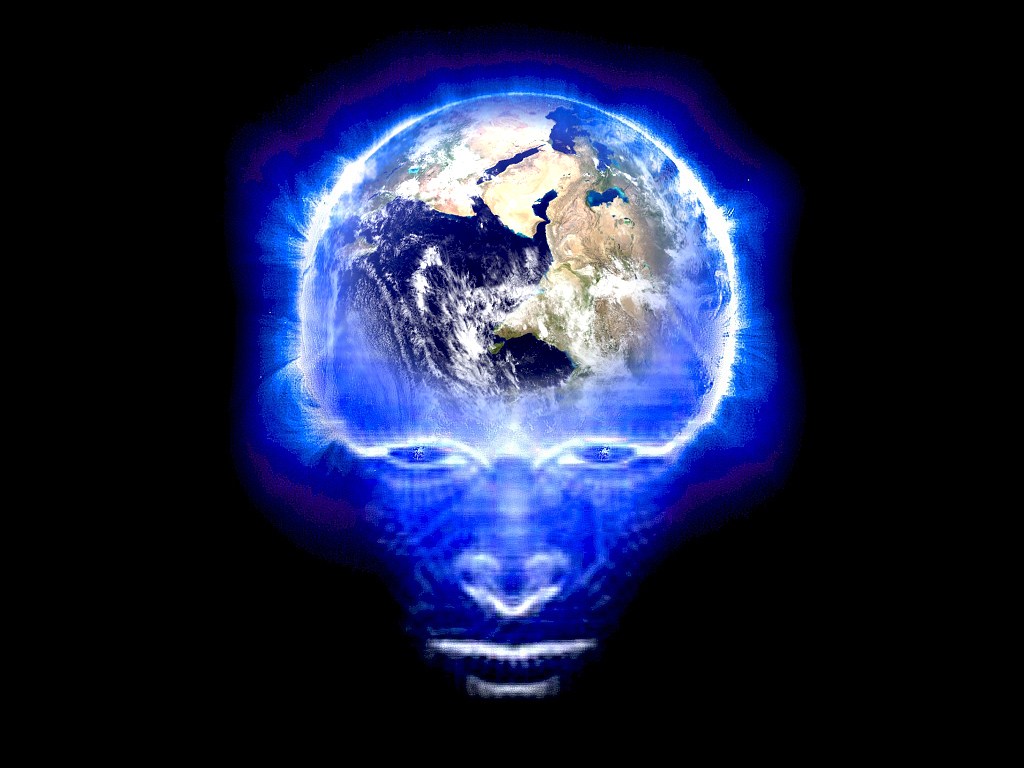Here’s a chicken-egg problem for which we are both the chickens and the eggs. Does the severity of a crisis determine the adequacy of a response, or does the inadequacy of response determine the severity of a crisis?
 Even when an age is unprecedented, as ours certainly is, mediocre mouthpieces for the status quo refuse to see and feel the urgency. Their second-rate minds can only view the present through the past. Thus they never actually see anything at all, much less have an original insight.
Even when an age is unprecedented, as ours certainly is, mediocre mouthpieces for the status quo refuse to see and feel the urgency. Their second-rate minds can only view the present through the past. Thus they never actually see anything at all, much less have an original insight.
What does it mean to see the past through the portal of the present, rather than the present through the prism of the past? It means retaining or recovering an innocence of perception.
That entails holding to what is, rather than viewing the world through one’s knowledge and experience. It involves rejecting relativism, casuistry and sophistry, without falling into the trap of solipsism, over-simplification and superiority.
Whether we are erudite and recondite, or untrained and instinctive, it becomes more and more difficult as we grow older to see things afresh. Mental and emotional memories accumulate and suffocate innocence of perception.
The tendency to view the present through the experience and knowledge of the past is universal, rather than a matter of personal or cultural conditioning. This is partly how we “normalize” awful cultural and political conditions.
The greatest failure of journalists and the commentariat is that their knowledge of the past blinds them to the unique peril of the present. For example, in their view the wrongful invasion of Iraq is essentially no different than the wrongful invasion of Vietnam.
Viewing the present through the prism of the past, they believe the effects on the American psyche and body politic were greater with Vietnam, since many more American soldiers were involved, and more Americans and Vietnamese were killed.
Their calculus is purblind to the cumulativeness of darkness in the minds and hearts of people, and in the consciousness of humankind.
Can we really see the present world clearly, and look at the past through the portal of the present, rather than look at the present through the prism of the past? Yes, although one has to be willing and able to stand alone, and stand against the charge of naïveté.
Innocence is often synonymous with naïveté, and with foolishness. It isn’t.
When I was in my later teens, and without a good role model of what a man is, I persistently asked myself what it meant to be a man. I came to the realization that a man protects innocence within himself, and, to the extent he can, in those he cares about.
Men have forgotten this, or never knew it, and many have become womanish, while many women have become mannish, which refers to the worst traits of both sexes. Men, probably more than women, need to rediscover and redefine what it means to be a man.
As the years went by I’ve seen many people become overwhelmed and “numb out” in a culture that collapsed a generation ago (though it’s just manifesting politically now).
Protecting innocence doesn’t involve separating oneself from the world, but continuously questioning and learning, grounded in self-knowing. Then one is able to show the young how to live in a toxic society without becoming sucked into its vortex.
The earth is dying at the hands of man. Can humankind change course before most of the diversity of life on earth is lost, and the human spirit is broken?
That will require a revolution in consciousness, a creative explosion of insight. That means a leap of intelligence beyond the intellect and reason.
Such a revolution cannot happen without the awakening of insight in the individual, though no individual, however illumined, can ignite it alone.
The Enlightenment’s foundation of reason cannot bear the weight of the West’s underlying contradictions and unaddressed accumulations. Reason is necessary, but not sufficient.
An explosion of insight in the individual and collective mind is urgently necessary.
Martin LeFevre

